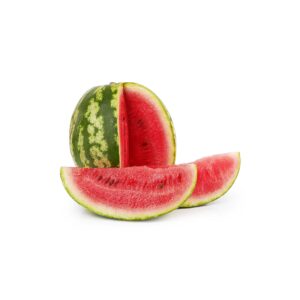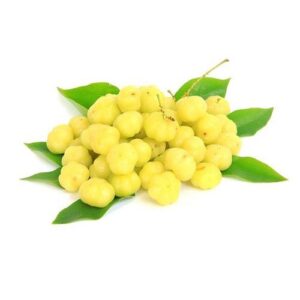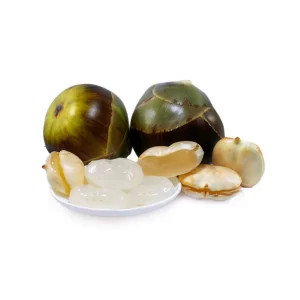-
SAPOTA CHIKU
- Promotes Gut Health. The natural plant compound tannins in sapota contain polyphenol which neutralizes acid secretion in the gut. …
- Stronger Bones. …
- Bolsters Immunity. …
- Boost Energy. …
- Healthy Skin. …
- Prevents Cancer. …
- Controls Blood Pressure.
-
BIG GUAVA
- May Help Lower Blood Sugar Levels. …
- May Boost Heart Health. …
- May Help Relieve Painful Symptoms of Menstruation. …
- May Benefit Your Digestive System. …
- May Aid Weight Loss. …
- May Have an Anticancer Effect. …
- May Help Boost Your Immunity. …
- Eating Guavas May Be Good for Your Skin.
-
WATER MALON
Watermelons are considered best for summers as they have nearly 92% water content in them and keep us hydrated. However, apart from this, the fruit also has a range of other benefits which help our body in dealing with issues that accompany hot weather.
-
-
RAYNA
- A handsome Indian evergreen tree often planted as an ornamental for its fragrant white flowers that yield a perfume; source of very heavy hardwood used for railroad ties. In olden time, the very hard timber was used for making lances.
- The leaves are applied to the head in the form of a poultice for severe colds
- Oil from the seeds is used for sores, scabies, wounds, and rheumatism The root of this herb is often used as an antidote for snake poison
- The dried flowers are used for bleeding hemorrhoids and dysentery with mucus
- Fresh flowers are also prescribed for excessive thirst, excessive perspiration, cough, and for indigestion
-
YELLOW DATES
Fresh Yellow dates are delicious dessert fruits with much needed minerals and energy to help you stay fit and healthy
-
-
TADGOLA
Tadgola is also very healthy and refreshing. The sap/ juice that is collected early in the morning has a sweet sugary taste. It is usually sold as a refreshing drink and is also called by different names in different states. Nira in Maharashtra, Thaati Kallu in Telugu and PathaNeer in Tamil. The sap that is collected in the afternoon or evening is fermented and is sour or astringent in taste and is sold as raw liquor.
-
WOOD APPLE
Wood apple is rich in thiamine and riboflavin, the chemicals that are effective in detoxifying the body. Consuming it every day in form of juice keeps the gut healthy and diminishes all sorts of kidney problems. -













